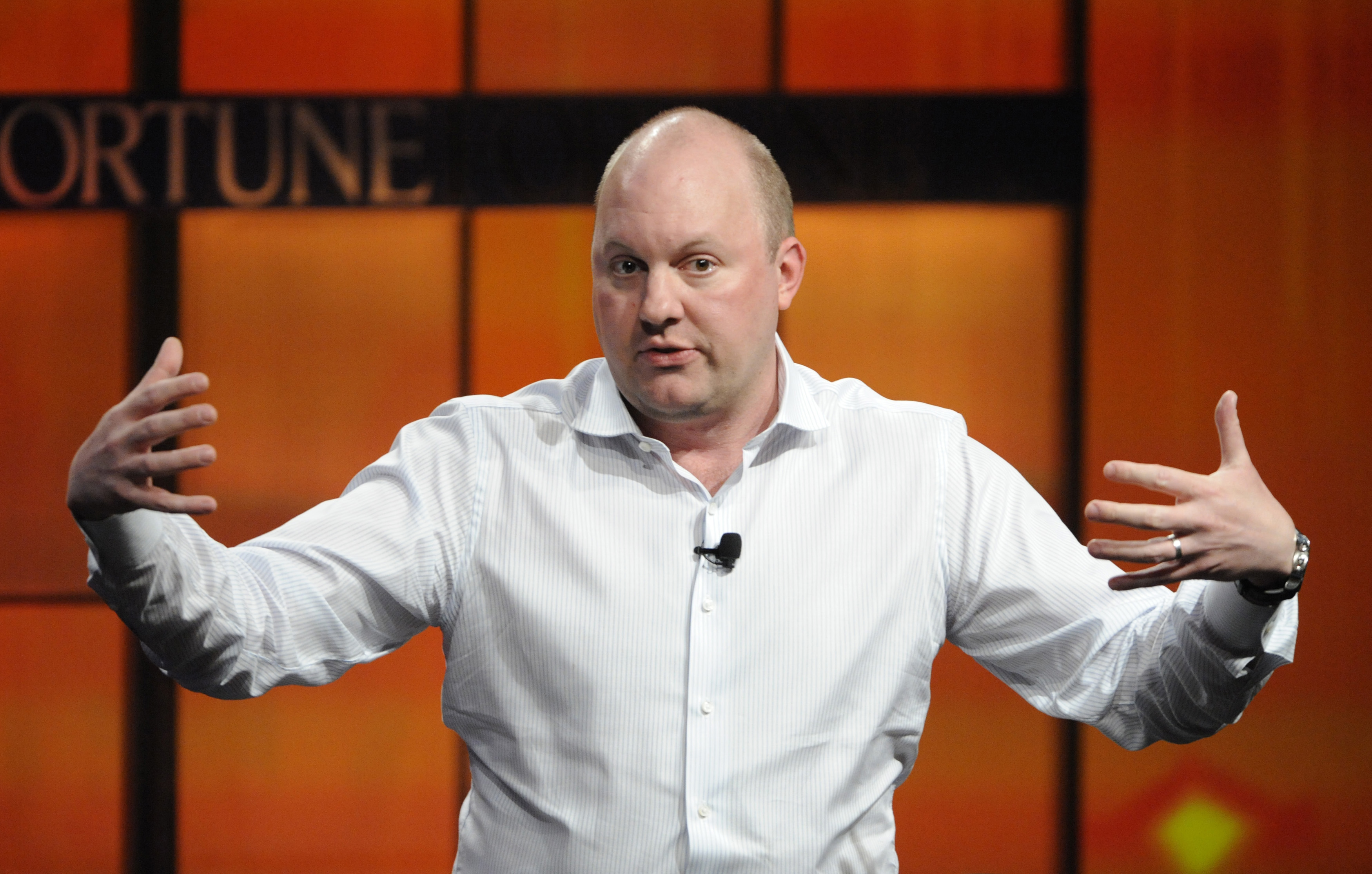- The Silicon Valley stalwart Andreessen Horowitz is renouncing its status as a venture-capital firm as it moves closer to the world of financial services, cofounder Marc Andreessen told Forbes.
- The firm is in the process of registering as a financial advisor.
- The differentiation allows the firm to make higher-risk investments in areas that the Securities and Exchange Commission says requires more oversight, such as cryptocurrency or token sales.
Andreessen Horowitz, one of Silicon Valley’s flagship institutional tech investors, has renounced its status as a venture-capital firm and is in the process of registering as a financial adviser.
Cofounder Marc Andreessen told Forbes that the entire firm will register as financial advisers. The new approach allows the firm to take larger, riskier bets in the markets for emerging technologies that the Securities and Exchange Commission (SEC) says requires more oversight, including cryptocurrency.
Traditionally, venture-capital firms are allowed to invest in shares of private startups – generally considered to be high-risk assets – because of a special exemption to SEC regulations that doesn’t require it to play by quite the same rules as a traditional financial-services firm. By waiving that exemption and getting its employees certified as financial advisers, Andreessen Horowitz is able to broaden the types of investments it can make.
That means that Andreessen Horowitz will be allowed under SEC rules to do things such as hold a portfolio of cryptocurrencies or take a position in a public company, neither of which it was allowed to do previously. In short, it makes Andreessen Horowitz a little bit more like a financial-services company.
According to Forbes, the firm is also in the process of closing a new growth fund that will add $2 billion to $2.5 billion for David George, the firm's newest partner, to invest across its existing portfolio and other high-growth startups.
Andreessen founded the firm in 2009 with his former colleague Ben Horowitz after selling Opsware to HP in 2007. Since its founding, the namesake firm has generated an estimated $10 billion in profits for investors. The firm was an early investor in Lyft, which went public in March, and expects no fewer than four additional portfolio companies to go public over the next year, including Airbnb, PagerDuty, Pinterest, and Slack. Andreessen himself was also an early investor in Facebook and sits on the company's board.

